By Duncan Brown – Director, Corporate Development, NAES Corporation
The Western Electricity Coordinating Council (WECC) describes its mission as ‘To effectively and efficiently reduce risks to the reliability and security of the Western Interconnection’s Bulk Power System.’ Yet, most compliance staff at registered entities within the Western Interconnection probably think of WECC solely as the enforcer of Reliability Standards. Indeed, WECC includes a statement to that effect in its Dual-Value Proposition: ‘Providing effective and efficient risk-based compliance monitoring and enforcement of Reliability Standards through risk identification, tailored entity oversight plans and objective enforcement.’
WECC recognizes, however, that education and sharing of information should be integral parts of an effective compliance and enforcement program. To that end, they’ve taken a nationwide leadership position in educating registered entities through Compliance Workshops and encouraging participation in the Western Interconnection Compliance Forum.
If you spend some time with the planners in your organization, you’ll understand the other aspect of the WECC mission: responding to and analyzing any disturbance on the grid. While failure to comply with the standards increases the risk of a reliability issue, knowing how the grid will behave – or did behave – after such an incident is critical, as it identifies areas of concern that need to be addressed, possibly by adjusting the standards.
The second part of WECC’s Dual-Value Proposition is equally important as the first: ‘Inform the actions, practices and decisions of industry participants, regulators and policymakers through influential reliability and performance assessments and development of planning tools and datasets.’ WECC Vice President Melanie Frye and her Reliability Planning and Performance Analysis organization support this effort, overseeing a variety of both forward- and backward-looking analyses. They rely on the help of subject-matter experts from utilities, independent generators, power marketers, end-use customers and regulators – i.e., the WECC membership and committees.
“The West benefits from the collective efforts of WECC staff, industry and stakeholders to analyze events, model and plan, and perform deep dives to answer important reliability questions,” Melanie said. “This is truly a community effort — one that would not be as meaningful or effective without the active participation of our members.”
One key element that supports this effort is the Anchor Data Set (ADS), which WECC develops and maintains. Interconnection entities can (and should) use the ADS to evaluate different scenarios on both the short- and long-term planning horizons. This helps them coordinate their long-term planning in terms of possible energy futures and their impact on grid stability and reliability. WECC also provides its own assessments – both daily and annual – of the grid’s stability and shares other information that could help entities manage grid disturbances more effectively. WECC bases these assessments on its knowledge of the system and situational awareness of current and potential system-wide risks.
Melanie’s team also analyzes how outside influences might impact the reliability of our grid. They’re currently wrapping up a study of the natural gas infrastructure in the Western Interconnection and how it impacts our increasing reliance on gas for generation-load balancing services as coal continues to be retired and non-dispatchable renewable energy commands a greater share of the market. For security reasons, only an executive summary will be made public. WECC will be holding executive-level discussions with affected utilities to address issues that could impact grid reliability and security.
I’ve had the good fortune to be involved with WECC for several years — in reviewing the old WECC Reliability Standards as well as serving on the hybrid board and, more recently, on the Members Advisory Committee. I’ve seen the positive impact of WECC’s leadership in analyzing reliability issues and providing insightful, unbiased commentary and best practices. I encourage you to spend some time examining the critical role that WECC has played in analyzing grid performance and keeping the lights on. You’ll find additional information on WECC’s website under the ‘Program Areas’ tab.











